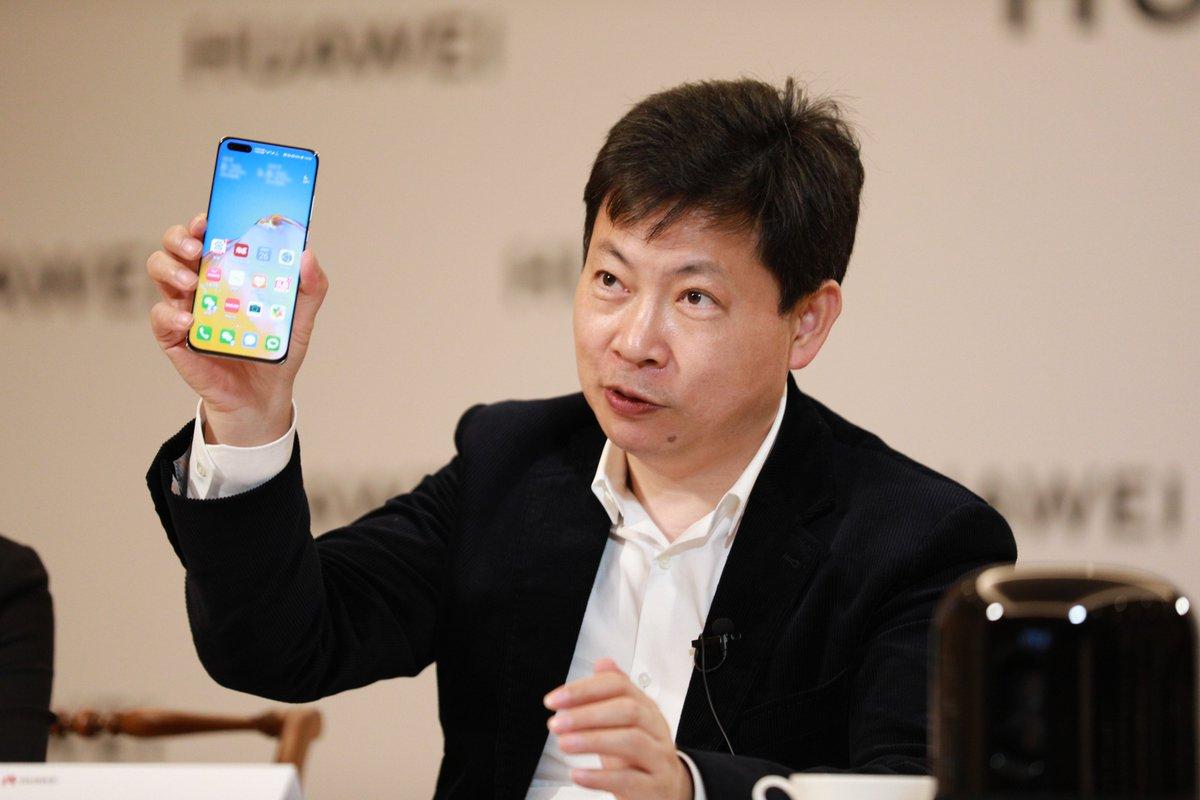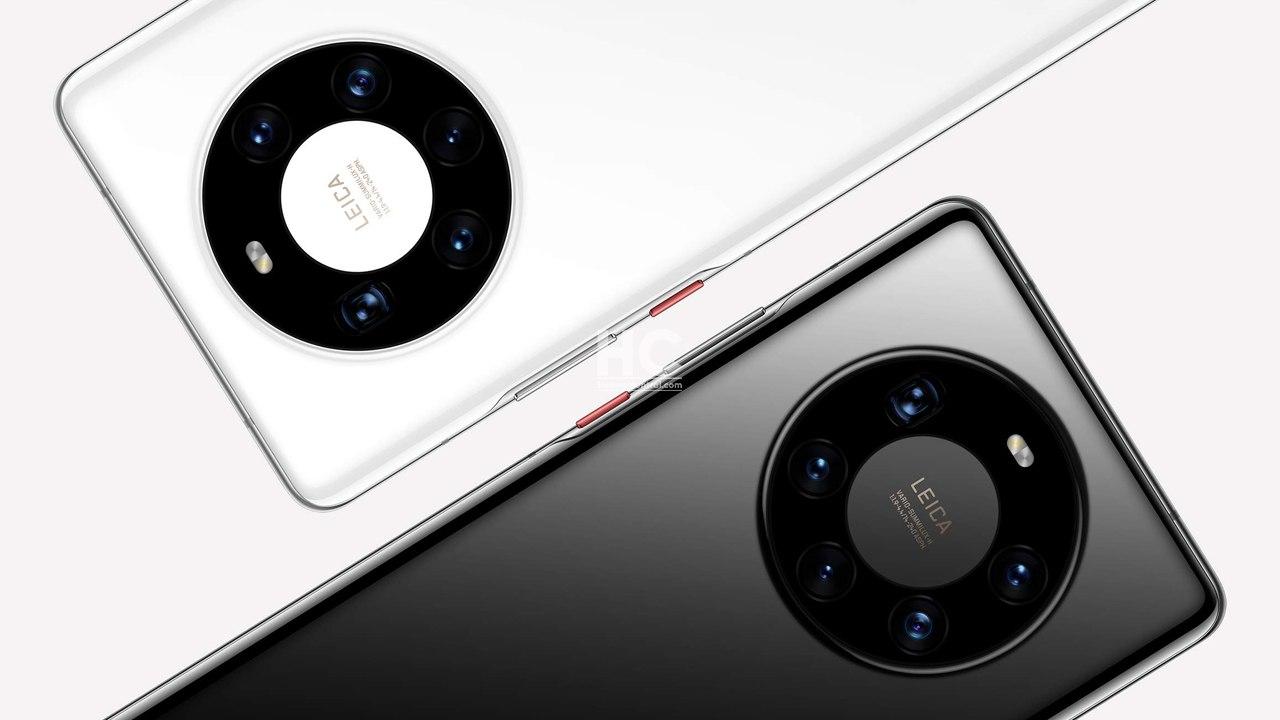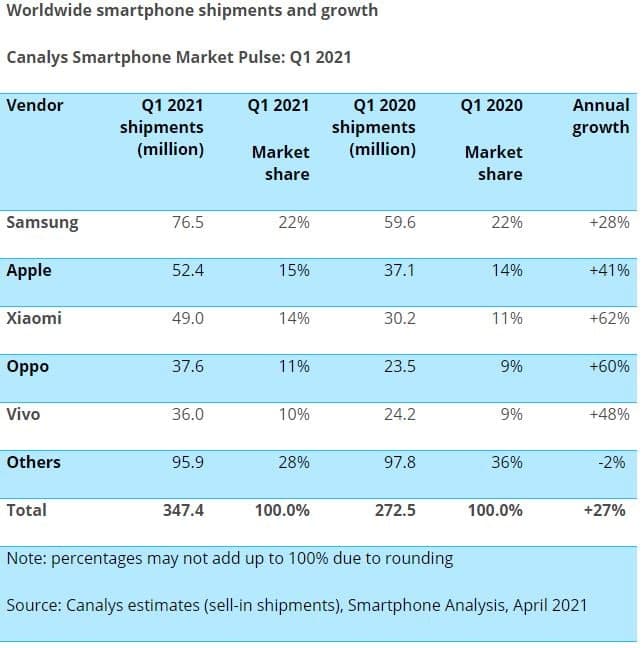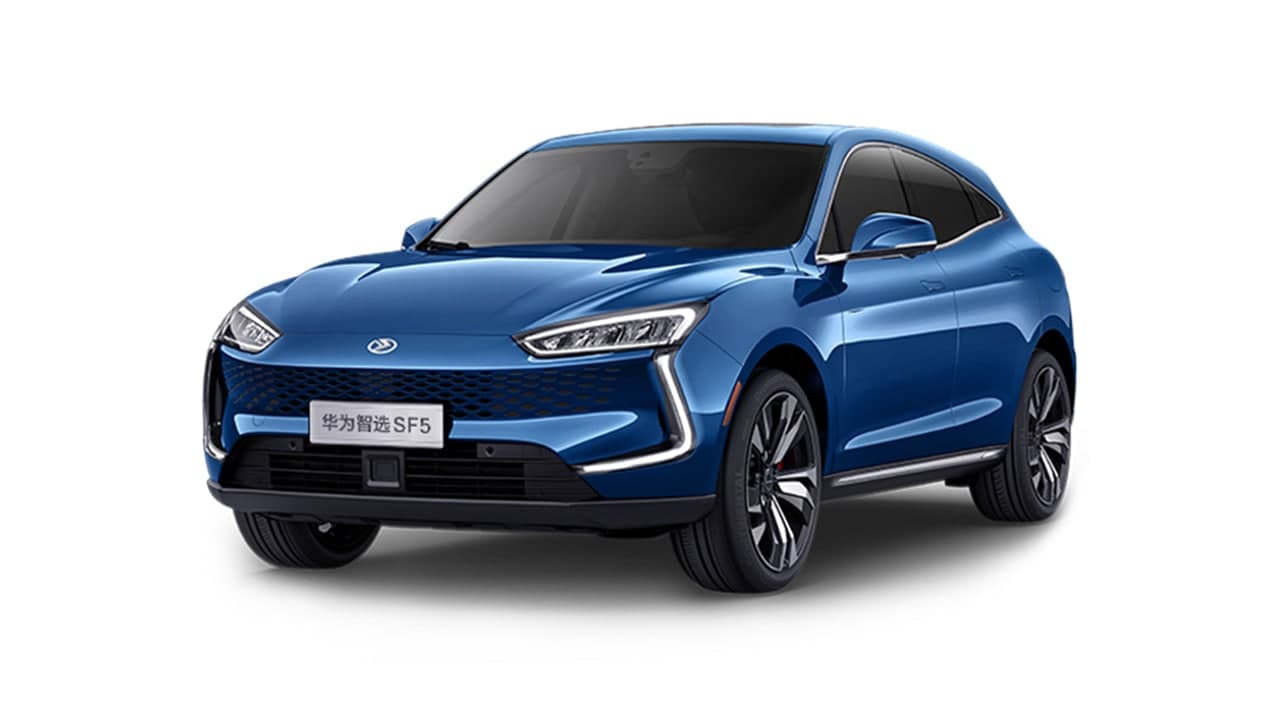News
Huawei’s flagship smartphone market taken by Apple and Samsung, while low-end by Vivo, Oppo and Xiaomi
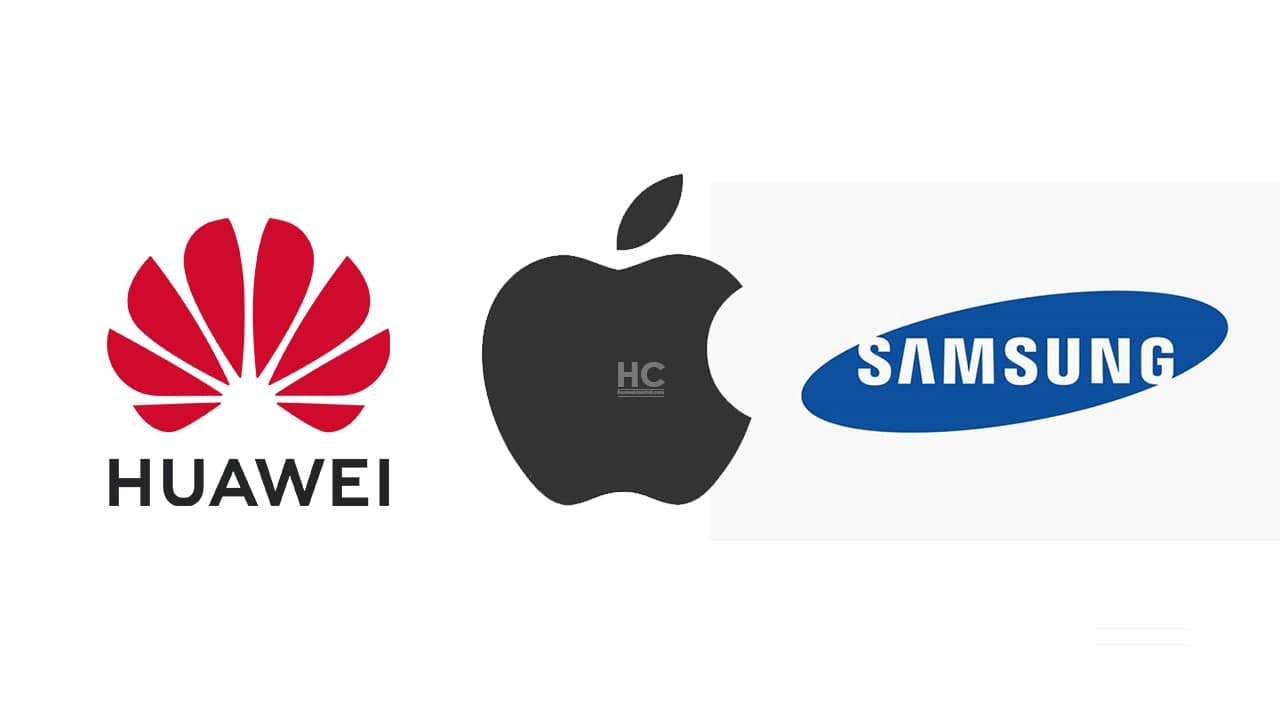
Back in May 2019, the US government on the basis of false allegations of national security put sanctions on Huawei to destroy it. Due to this, American-based component manufacturing companies are restricted to supply the Chinese tech giant.
In 2020, after the restriction came into effect, Huawei started facing difficulties from buying core components to the production of new products. The previous largest smartphone maker is trying to recover but still going through hard times.
Recently, Yu Chengdong, Huawei’s consumer business CEO shared a post on Weibo In his post, he mentioned Trump’s government restrictions results in Huawei’s consumer business having a lot of trouble and not able to deliver products.
Related to this, Huawei’s flagship and high-end product market share is mainly given to Apple, while the low-end products in the Chinese smartphone market share is taken by smartphone makers including Oppo, Vivo, and Xiaomi.
Today, Yu again shared a post with the title “Falling on Huawei, Feeding on Apples” and started with the comment “In less than two years, the US imposed four rounds of sanctions on Huawei.
The Consumer business has faced extreme difficulties and cannot ship required products, which result that Huawei’s high-end product market share mainly acquired by Apple.
Furthermore, Yu explained that the overseas smartphone market share of Huawei was given to Apple, Samsung, and related companies. As we can see, Apple has recently released its latest financial report that shows that iPhone sales increased by 65.5% year-on-year, especially in China, which achieved an 87% year-on-year growth.
Also, third-party organizations such as IDC and Canalys recently published results of Q1 of 2021, which shows Samsung is on top, followed by Apple, Xiaomi, Oppo, and Vivo. However, Huawei is now out of the top 5.
Huawei’s financial report shows that in 2020, Huawei’s consumer business will have a revenue of 482.9 billion yuan in 2020, a year-on-year increase of 3.3%. It is worth mentioning that after the escalation of sanctions against Huawei last year, the consumer business had the greatest impact, and shipments of mobile phone products have fallen sharply.
Additionally, Huawei’s flagship stores have also begun introducing the automobile categories, and this year, Huawei announced that Huawei Smart Selection will officially sell Cyrus SF5 smart cars and already started to pre-sale on its official online store in China.
In regard to fallen Smartphone sales, Yu previously said that Huawei has been targeted by the U.S. many times, which has severely affected Huawei’s smartphone business.
After reconsidering, Huawei has decided to sell cars, which can make up for the decline caused by the impact on smartphone sales.
He said Huawei phones with high frequency, demand, and mass production have encountered huge difficulties. Although, the volume of smart electric vehicles is not as big as smartphones but the unit price and value are much higher. This will help the company to make gain profit in the lack of smartphone sales.

